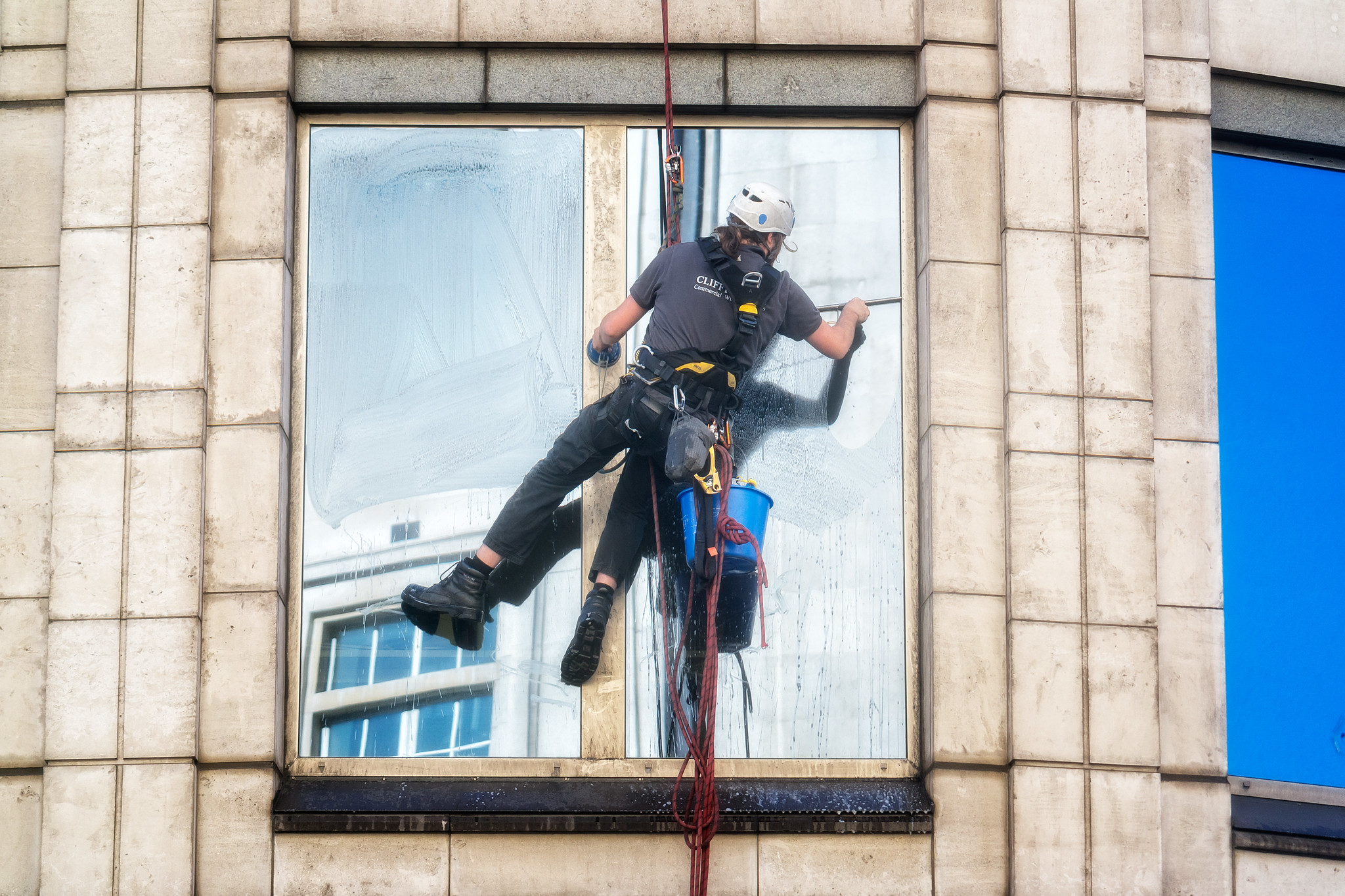LONDON (Parliament Politics Magazine) – Landlords believe efforts to make social housing more greener, safer and more liveable would be delayed significantly if policymakers cap rent hikes at 5% starting next year. They worry that this decision will cost them £3.5 billion over the following ten years.
The Coalition of housing associations based in London, initiatives to make housing blocks safe following the Grenfell Tower catastrophe would be delayed along with others if the proposed plan to shield millions of England’s poorest residents from rising rents is approved.
The G15 group comprises major social housing providers Clarion, L&Q, and Peabody. The group is instead saying that PM Truss’s government must raise benefits in step with inflation so that neither tenants nor landlords suffer.
They also warned that plans to replace outdated kitchens, bathrooms, and windows will be put on hold if their rental income is capped, which would dramatically restrict the number of desperately needed low-cost homes they could build.
On October 12, a government consultation on the rent cap idea will come to an end. There have been three rent cap options put forth: 3%, 5%, and 7%, with a 5% cap being the ministers’ top choice. Social rents typically increase in step with the CPI, a measure of inflation that was 8.6% in the year to August.
Geeta Nanda, the G15 chair and CEO of Metropolitan Thames Valley Housing, noted that the challenges the group is trying to balance are some of the most difficult she has encountered or had to deal with in the 30 years she has worked in the housing industry. They were approaching this with a determination to continue offering decent, secure, and reasonably priced homes that support people in leading fulfilling lives. However, as anyone can see, there are genuine risks that should be evaluated carefully, along with making sure residents are supported in light of the cost of living issues many are facing.
In England, there are 4.4 million households that reside in social housing, many of which have shared ownership arrangements that are not covered by the rent cap. The G15 landlords claim they do not wish to impose the possibly highest rent rise to shared ownership tenants, but that will be tested if their rental income from other forms of social housing is not safeguarded or compensated. The group is advocating that the government raise grants and abolish the VAT on works on social housing estates in addition to supporting an increase in universal credit at the rate of inflation.
The Department for Levelling Up, Housing, and Communities’s spokesperson said in a statement that they were aware that families were concerned about the months to come and they were consulting on whether social housing rentals should be capped next year to safeguard the tenants from considerable rise in rent.
They were closely working with the sector and seeking landlords’ opinions on the best ways to support residents of social housing during the trying times, they added.






